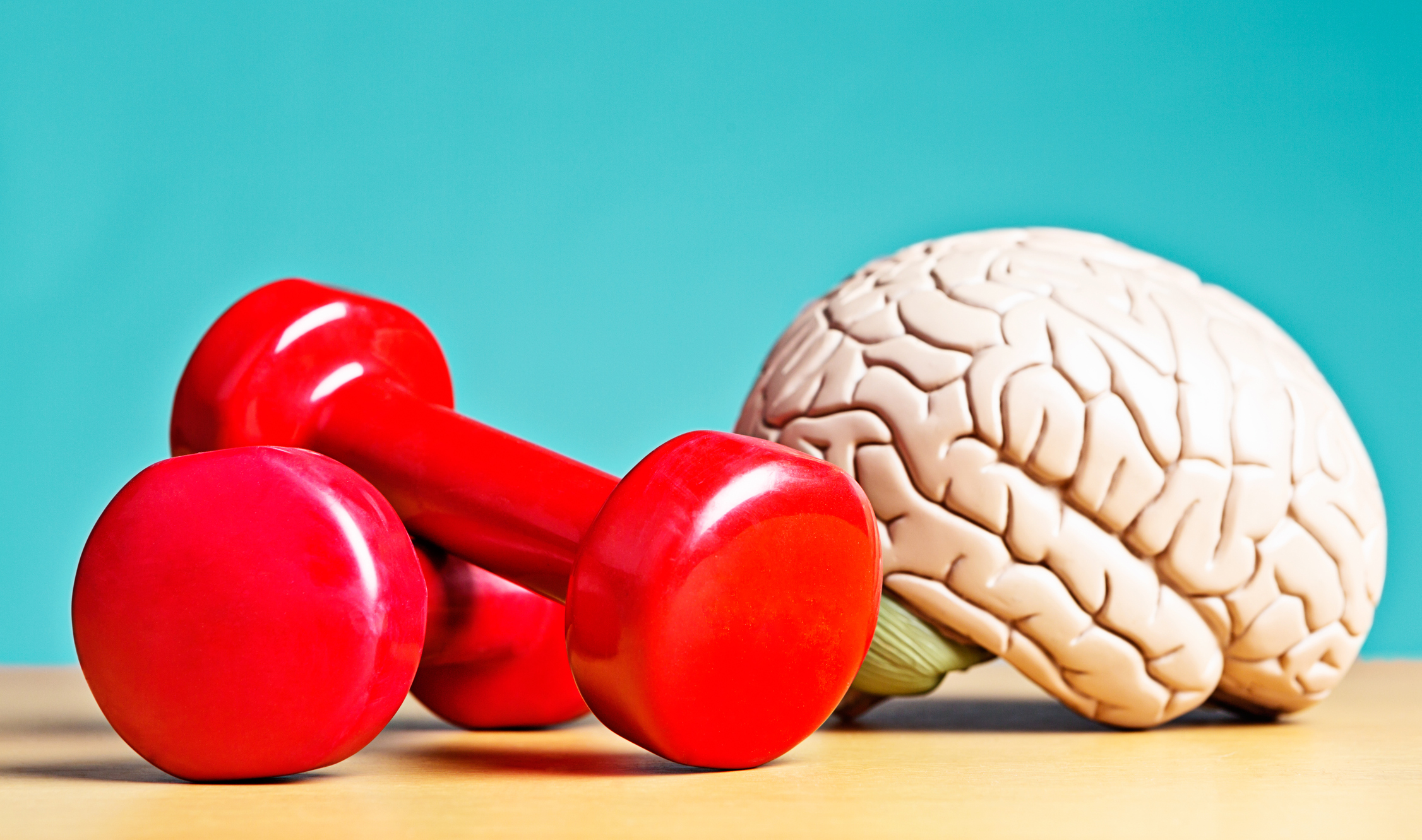

We’ve talked about the benefits exercise can bring to all parts of your body. But, arguably the biggest benefits that come with physical activity happen in your brain.
After all, studies have found that keeping fit reduces cognitive decline by:
And if that weren’t enough to get you moving, there’s more…
According to researchers from the University of Queensland, in Australia, exercise could even be the secret to renewing the brain’s protective plaque-fighting cells…
Reversing microglial aging
Microglial cells are like the maintenance men of the brain. They like to keep things tidy up there, so they’re especially good at recognizing amyloid plaques — those abnormally configured clumps of proteins that have become the identifying hallmark of an Alzheimer’s-diseased brain.
They respond to tissue injury or disease, which is how they see plaques on the brain, and work at eliminating the invader by “eating it away.” It’s a process called phagocytosis.
Clearly, that makes microglia valuable weapons in the battle against dementia.
The problem is that as they age, like other cells in our body, microglia can start losing the ability to function as they should.
“We found that aging significantly alters the gene expression of all cell types in the brain but had greatest impact on the microglia, which are immune cells of the central nervous system that support brain function,” according to lead researcher Dr Jana Vukovic.
The good news is that after analyzing the expression of genes in individual cells in the brains of mice following exercise, the Australian researchers say we have cause for hope…
“Our research showed that exercise, in the form of a running wheel for the mice, reverted the gene profile of aged microglia to patterns seen in younger versions of the microglial cells. Microglia were the only type of brain cell that showed a significant reversal of changes brought about by aging,” added team member Dr Solal Chauquet.
The researchers had also seen an increased presence of T cells, a type of white blood cell, in the brains of the aged mice — but giving the mice access to exercise prevented or reduced the presence of those T cells in the hippocampus.
“We were both surprised and excited about the extent to which physical activity rejuvenates and transforms the composition of immune cells within the brain, in particular the way in which it was able to reverse the negative impacts of aging,” said Dr. Vukovic.
How much exercise does your brain need?
So if you want to roll back the clock for your microglia and your brain, getting plenty of regular exercise is a must.
But wouldn’t it be nice to know exactly how much your brain needs? Here you go…
Researchers have done the math, and based on a large collection of high-quality research, can confidently recommend how much exercise you need to get to slow brain aging.
First and foremost, they say you need to exercise consistently for an extended period. And if you do that, putting in just 52 hours over 6 months can improve your brain. That’s just a little over 2 hours a week.
The researchers also shared that these findings support the importance of exercise, especially for the elderly. So it’s never too late to start. Just talk with your doctor about what exercise could be best for you.
In addition to physical activity, you can support your microglia cells by getting the sleep your body needs each night to help clear out brain plaques, block brain inflammation and avoid diabetes which can weaken how the microglia respond to those nasty plaques.
Sources:
How does exercise benefit the brain? — EurekAlert!
Exercise can help slow cognitive decline — The University of Queensland News

